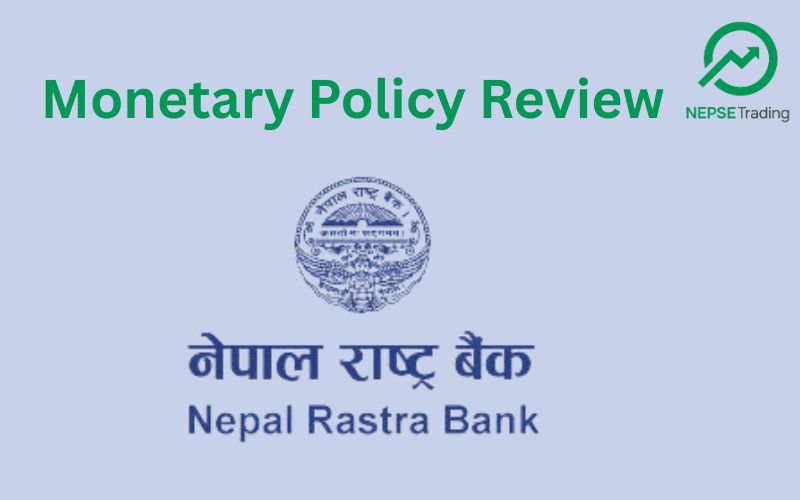By Sandeep Chaudhary
Development Banks and Finance Companies Mandated to Boost Lending to Key Sectors

In a concerted effort to stimulate economic growth and development, the central regulatory authorities have mandated development banks and finance companies to significantly increase their lending to critical sectors, including agriculture, micro, cottage, and small enterprises, energy, and tourism.
According to the new guidelines, development banks are required to allocate 17 percent of their total credit to these sectors by mid-July 2022, with this percentage rising to 19 percent by mid-July 2023 and 20 percent by mid-July 2024. As of mid-April 2022, development banks have already made substantial progress, with 26.62 percent of their total loans, amounting to Rs.111.90 billion, being disbursed to these targeted sectors.
Similarly, finance companies are also under new directives to support these vital areas. They must disburse 12 percent of their total loans to the specified sectors by mid-July 2022, increasing to 14 percent by mid-July 2023 and 15 percent by mid-July 2024. Impressively, as of mid-April 2022, finance companies have exceeded these initial requirements, with 21.92 percent of their loans, equating to Rs.16.15 billion, already directed towards these sectors.
These measures are aimed at bolstering the growth of agriculture, micro, cottage, and small enterprises, which are essential for the country’s economic stability and development. Furthermore, the energy and tourism sectors, being pivotal for sustainable growth and foreign exchange earnings, stand to benefit significantly from this increased financial support.
The progressive targets set for both development banks and finance companies underscore the commitment to fostering an inclusive and diversified economic environment. By channeling more funds into these sectors, the authorities aim to drive innovation, enhance productivity, and create more employment opportunities, ultimately contributing to a more robust and resilient economy.









